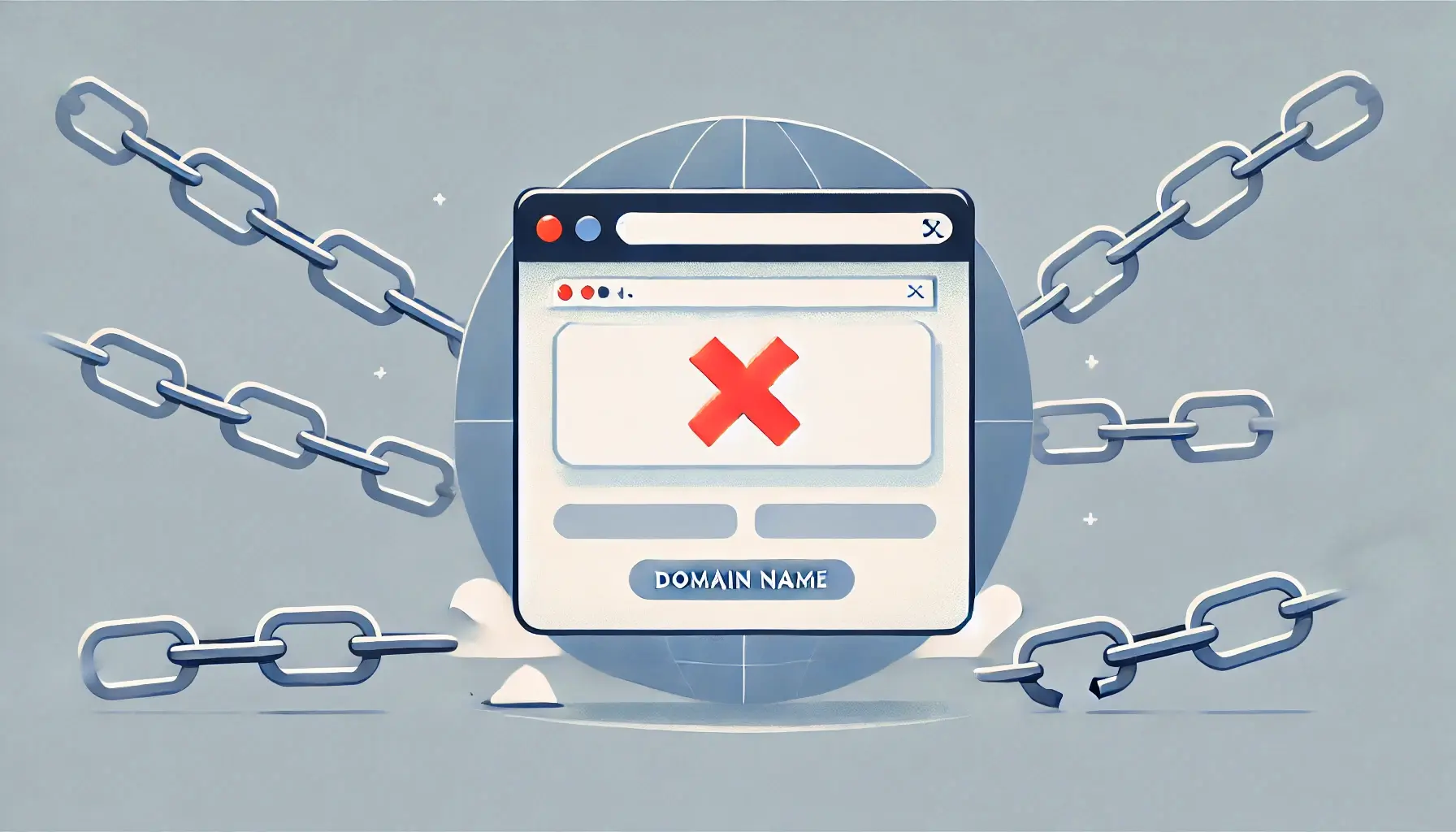

|
||

Efforts to curb illegal online content through domain shutdowns are proving ineffective and carry significant risks, according to a new report by eco and its topDNS initiative. While internet rights holders increasingly pressure private infrastructure providers to shut down domains suspected of hosting illegal content, this approach only offers temporary relief. Experts highlight that harmful content often remains accessible through alternative domains or IP addresses, rendering shutdowns insufficient in the long term.
Collateral damage risks: Additionally, domain shutdowns frequently cause unintended collateral damage, affecting unrelated services and legal content on the same domain. For instance, an entire online marketplace could be taken offline because of one seller’s illegal activity, impacting all other legitimate businesses under the same domain. This can lead to economic losses and restrict freedom of expression.
Enforcement responsibility: The report raises concerns about who should be responsible for enforcing domain shutdowns. Increasingly, private internet infrastructure companies are being asked to act without legal oversight, a move experts argue could lead to arbitrary and unjustified actions. The eco Association insists that such decisions should be made by law enforcement agencies, who possess the proper authority and resources to handle illegal content at its source.
Domain shutdown policy: Thomas Rickert, Director Names & Numbers at eco, emphasized that domain shutdowns should only occur in exceptional cases, underscoring the need to protect human rights and the rule of law online, just as in the offline world. The topDNS initiative advocates for a “take-down instead of blocking” approach to ensure that illegal content is removed directly by law enforcement, rather than through indiscriminate domain closures.
Sponsored byVerisign

Sponsored byCSC

Sponsored byVerisign

Sponsored byDNIB.com

Sponsored byWhoisXML API

Sponsored byRadix

Sponsored byIPv4.Global
